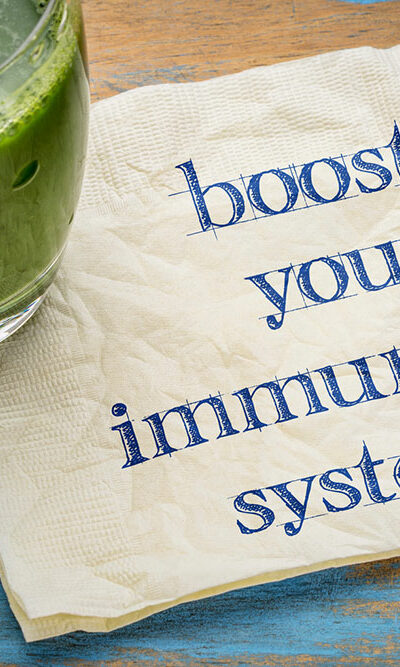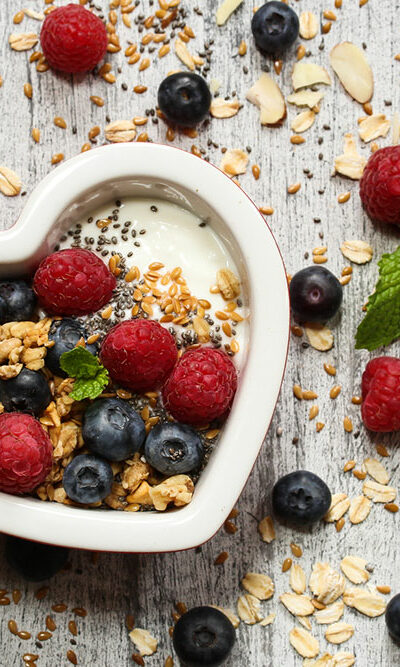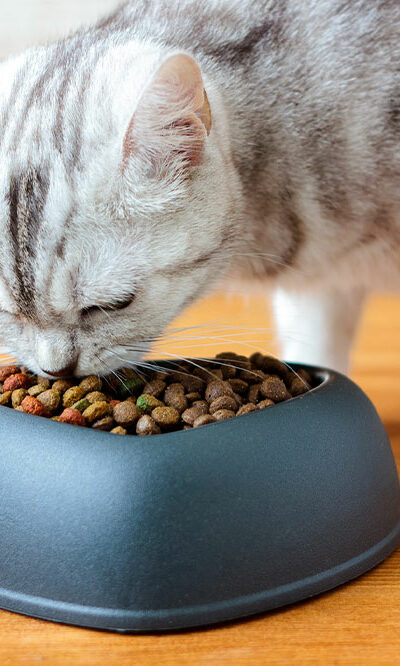
4 ways to boost immunity against severe respiratory viruses
Today, new-age viruses pose a constant threat to global health. With the ever-evolving nature of pathogens, it is crucial to take proactive steps to strengthen the immune system. While vaccines play a pivotal role in this defense, there are several other measures people can take to help the immune system keep infections at bay. So, here is a look at the impact of severe respiratory viruses and the best ways to boost immunity against them: The COVID-19 pandemic has underscored the significance of maintaining strong respiratory health. The virus primarily affects the respiratory system, causing severe illness and, in some cases, long-term complications. The prevalence of severe respiratory issues and complications stemming from the virus has brought respiratory health to the forefront of public health concerns. Treatment options Vaccination has emerged as a game-changer in the battle against respiratory viruses, especially in the context of the ongoing pandemic. Vaccines work by introducing a harmless part of the virus or a weakened version of it into the body, prompting the immune system to recognize and build defenses against the actual virus. This not only protects against severe illness but also strengthens the respiratory system’s resilience. However, vaccines can be of different types: mRNA and non-mRNA. Messenger RNA (mRNA) vaccines are designed to train the body’s immune system to recognize and fight the virus that causes COVID-19. Beyond their role in combating COVID-19, mRNA vaccines may also contribute to overall respiratory health by boosting the immune system’s readiness to tackle various respiratory pathogens. On the other hand, non-mRNA vaccines, like Novavax, vaccine utilize a protein-based approach to elicit an immune response. So, the Novavax vaccine instructs the immune system to recognize and produce antibodies against the spike protein. One must not ignore the importance of vaccination during a disease outbreak, as vaccines not only protect a single individual but also contribute to widespread immunity, reducing the overall spread of infection and disease-causing viruses and bacteria in the community.










